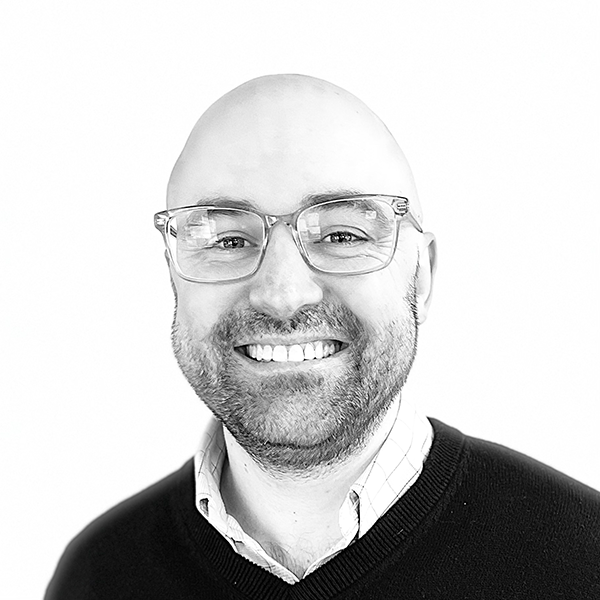Travis E. Gibson
 tegibson@bwh.harvard.edu
tegibson@bwh.harvard.edu
I currently lead the Gibson Lab where we leverage tools from machine learning and control theory to advance our understanding of biological systems. My expertise in control theory and dynamical systems stems from my PhD work in adaptive control where my thesis focussed on ways to improve the transient performance of learning based control algorithms (ensuring smooth dynamics while learning). During graduate school I also spent summers at NASA and Boeing, and my thesis work currently flies on several non-commercial Boeing platforms. After graduate school I switched my research focus toward biomedical applications and completed two research fellowships. Those fellowships were focussed on the microbiome where I used germ-free mouse models in conjunction with Bayesian machine learning approaches to learn interpretable models of complex microbial dynamics. It is with that background that I then started my own group at Brigham and Women’s Hospital and Harvard Medical School. While specific research questions may evolve over time, a key hallmark of our work is the careful co-design of computational and experimental models. Biological systems are simply too complex to be probed through either paradigm alone.
Links and contact information
Positions
- Assistant Professor, Harvard Medical School
- Principal Investigator, Brigham and Women’s Hospital
- Associate Member, Broad Institute of MIT and Harvard
Education
- PhD, Massachusetts Institute of Technology
- SM, Massachusetts Institute of Technology
- BS, Georgia Institute of Technology